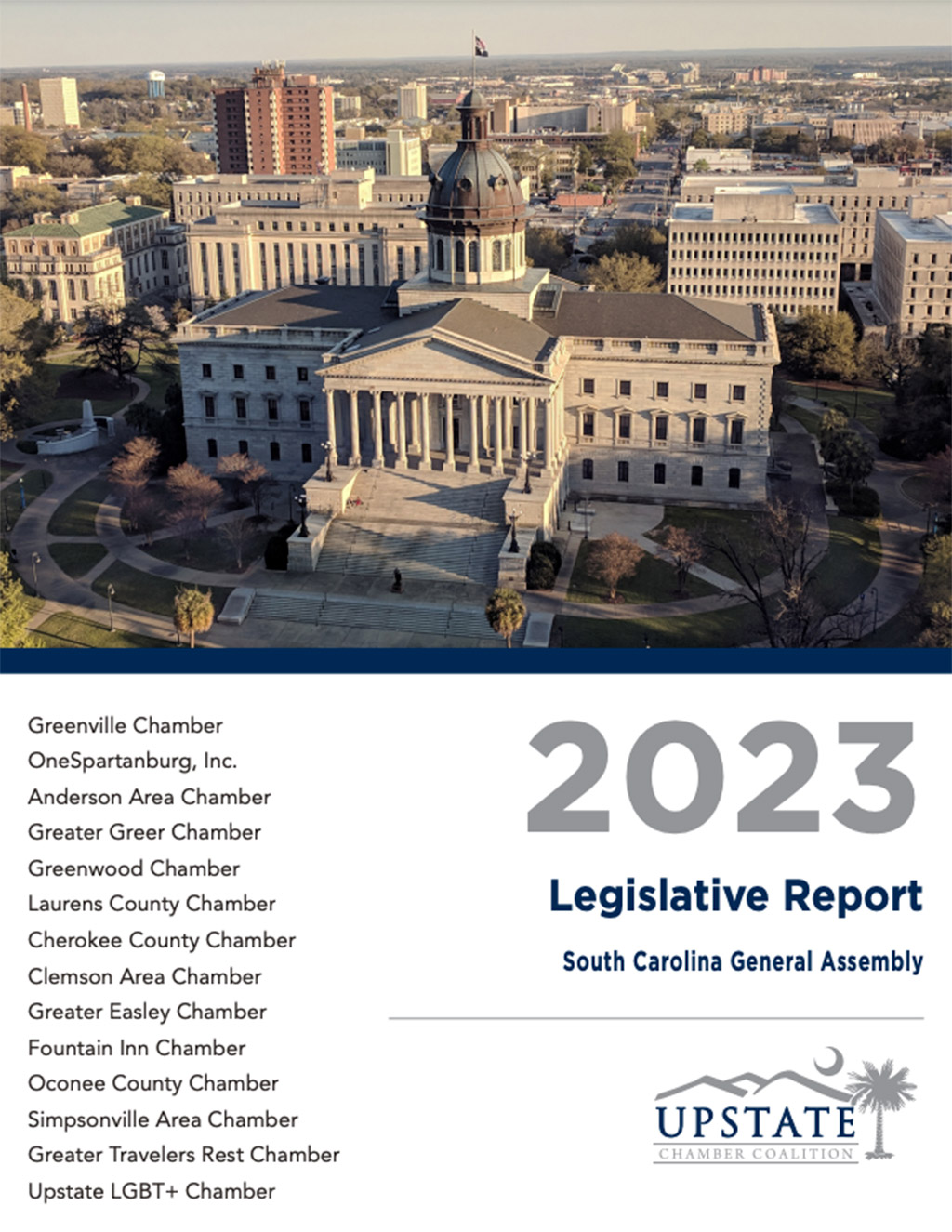Legislative Outcomes
Review the results of important legislation and the impact of our united advocacy efforts.
How They Voted: 2023

The State’s analysis of the end of the 2022 session was accurate: “This year marked a return to the chaos of sine die in the Legislature after a break because of COVID-19. Bills that seemed dead were resurrected and sent to the governor or conference committee, while others that seemed on the way to the finish line died instead.”
As the dust settled, that was an accurate look at how the business community fared in Columbia this year. Several items that should have been no-brainer approvals died after months of haggling. Other items cruised through.
The biggest win of the year was the long-awaited reduction in our income tax rates. The General Assembly also used historically high amounts of one-time budget dollars to make significant investments in roads, broadband, and water and sewer projects. These are major investments in infrastructure that will pay off for our economy for years to come.
We now enter the 2022 election season. We hope you will continue your activism and use this guide to inform your decisions at the ballot box. Advocacy doesn’t end on sine die. Thank you for your continued support of our 14 local, hometown chambers of commerce as well as our Upstate Chamber Coalition.

